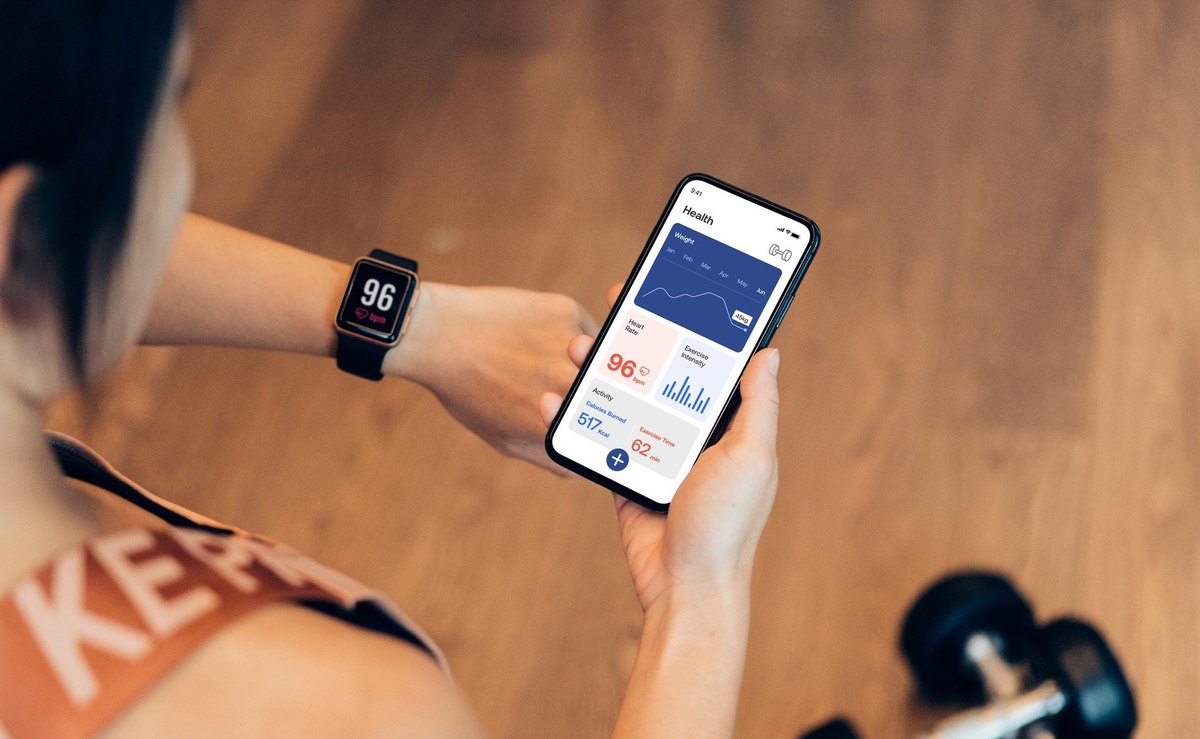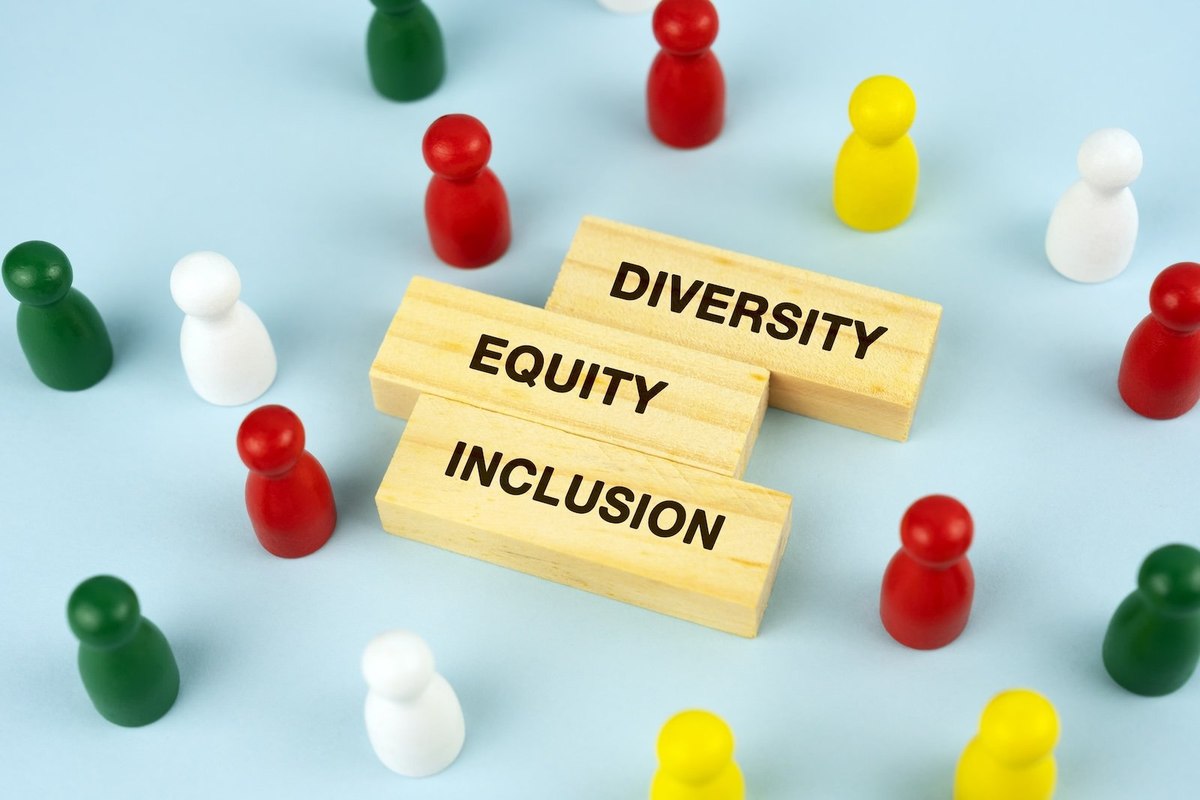
Social media habits: How consumers around the world use social media every day
Picture this: You're stuck in traffic, bored, when suddenly, your phone buzzes - it's an alert for your friend’s latest photo update from their exotic holiday or your favourite meme account’s latest post. But social media is more than just selfies and cat videos (although, those are crucial too). In this article we explore YouGov data to see what consumers across 17 international markets use social media for in their day-to-day life.
Right on top of the list of activities, and with a comfortable lead over the rest is connecting or staying in touch with friends, family and colleagues (62%), followed by watching or reading entertaining content (59%)
Other activities that consumers across markets are most likely to indulge in on social media in their everyday lives:
- Getting news content (51%)
- Buying products (27%)
- Sharing parts of their life, thoughts or life events (24%)
YouGov’s demographic data shows that women are more likely than men to use social media in their day-to-day lives to keep in touch with loved ones (66% vs. 59%), while men are more likely to take to social media to stay politically or socially active (20% vs. 16%). At nearly three in ten (29%), women are a little more likely to use social media to shop online (24% of men do so as well). Similar proportions of men and women (52% vs. 50%) use social media to access news content, something media publishers would find interesting.
By country
Moving on to data from individual markets, survey data reveals that Hong Kongers are the most likely across markets to take to social media in their day-to-day lives for a number of reasons - to share life updates (49%), to keep politically or socially active (42%) and to post lifestyle or educational content (36%).
Equal proportions of Hong Kongers (45%) and Indonesians (45%) use social media for making purchases. It’s a similar story when it comes to keeping in touch with friends, family and colleagues via social media (76% of Hong Kongers and 74% of Indonesians). In Europe, Danes (67%) are the most likely to do the same.
Britons are more likely than Americans (63% vs. 51%) to use social media to keep in touch with their loved ones and co-workers. Interestingly, a recently published YouGov piece revealed that Britons are the most likely to feel that social media changes the way people interact with each other for the worse.
Further, consumers in Great Britain (8%) and the USA (8%) are among those who are least likely across markets (8%) to use social media in their day-to-day life to post lifestyle or educational content.
Nearly half of all Americans (48%) use social media daily to consume entertaining content online. But it’s Indians (71%), Indonesians (70%) and Singaporeans (70%) that take the lead in saying they use social media to keep themselves entertained. In Europe, consumers in Spain (66%) account for the largest proportion of those who follow suit.
Similar proportions of consumers in the UAE head to social media sites to watch and read entertaining content (62%) and keep in touch with friends, family and colleagues (61%).
Consumers from another European market surveyed - Italy - account for the largest group across markets who take to social media for news content (67%).
Explore our living data - for free
Discover more media content here
Want to run your own research? Run a survey now
Make smarter business decisions with better intelligence. Understand exactly what your audience is thinking by leveraging our panel of 26 million+ members. Speak with us today.
Methodology: YouGov Surveys: Serviced provide quick survey results from nationally representative or targeted audiences in multiple markets. The data is based on surveys of adults aged 18+ years in 17 markets with sample sizes varying between 501 and 2023 for each market. All surveys were conducted online in December 2023. Data from each market uses a nationally representative sample apart from Mexico and India, which use urban representative samples, and Indonesia and Hong Kong, which use online representative samples. Learn more about YouGov Surveys: Serviced.
Photo by Kerde Severin on Pexels

































